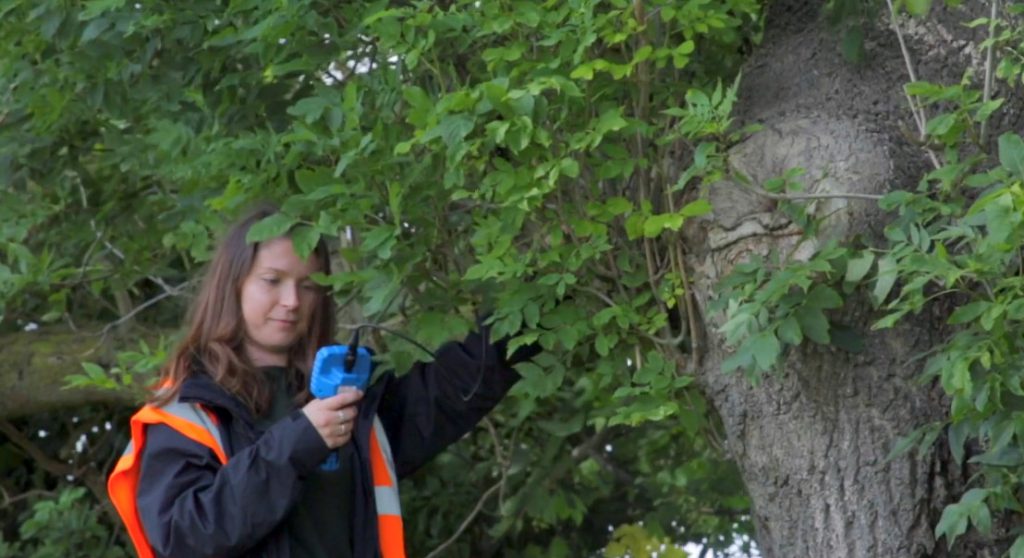Dorset Countryside
A predominantly countryside county in South West England, Dorset covers just over 1,000 square miles and sits between the neighbouring counties of Devon, Somerset, Wiltshire and Hampshire. Of the 19 settlements in Dorset, towns with the largest populations include Bournemouth, Poole, Weymouth, Christchurch and Ferndown. However, Bournemouth, Poole and Christchurch are often better regarded collectively for being part of the South East Dorset conurbation known as Bournemouth Christchurch and Poole (BCP).
Between the flourishing coastline and the numerous in-land rural sections of Dorset, the county has extensive sources of revenue, primarily built on the natural environment. In fact, Poole Harbour in Dorset is the largest harbour in Britain and the second largest in the world, and 46% of the combined population of Dorset and BCP, currently above 770,000, live in recognised green areas. Due to the expansive selection of rural areas and the value in house prices, Dorset is one of several hotspots in South West England for staging land developments. However, as it is the duty of the Dorset Council and BCP Council to protect the state of biodiversity in the county, developers must act accordingly when building on undeveloped land.
Wildlife in Dorset
The county of Dorset is home to protected species that occupy habitats in water such as great crested newts, otters, water voles and certain types of reptiles. It also has many of the more common protected species that are located on land such as badgers, barn owls, bats, dormice and birds. Along with the Dorset Wildlife Trust, the local council has a framework in place to ensure the safety of all animal species in the county, particularly during planning projects.
One of the primary protections for protected species and the natural environment as a whole is the Dorset Biodiversity Appraisal Protocol (DBAP) – a set of guidelines to outline how planners should approach developments in Dorset without unnecessarily ruining the standard of natural areas. Under DBAP, one of the four steps includes the process of reaching out to an ecological consultancy to arrange ecology surveys on the site. By doing this, all potential ecological matters can be fully assessed by a trained and qualified ecological consultant, mitigation measures can be developed to eliminate likely issues, further surveys can be suggested if needed, and the resulting ecology report can help the application for planning permission.
Performing an Ecological Assessment
A baseline ecology survey consists of a licensed ecologist visiting the site at an appropriate date and time to undertake a preliminary ecological appraisal (PEA) / Phase 1 Habitat Survey. The ecological consultant will then analyse the entirety of the site, paying close attention to evidence of protected animal species and valuable or invasive species of plants inhabiting the site.
Then, if the ecologist finds sufficient evidence of certain plants or animal habitats, they will advise the corresponding surveys, such as giant hogweed surveys, Himalayan balsam surveys, injurious weed surveys or Japanese knotweed surveys for plants, or badger surveys, barn owl surveys, bat surveys, dormouse surveys, great crested newt surveys, otter surveys, reptile surveys or water vole surveys for protected species.
After any type of ecology survey, the ecological consultant will develop a report detailing the findings from the assessment and effective next steps that will allow the development project to go ahead despite the presence of plants or wildlife. In some cases, protected species and plants may act as an obstacle to the development. However, using mitigation measures, the ecologist can alter the project to avoid them or move them elsewhere on or off the site. The completed ecology report will then be handed to the local planning authority to ease any of their concerns and support the application for planning permission.
Surveyors in Dorset and Nearby Areas
On any plot of land where there is a likely possibility of existing habitats for protected species or potentially valuable or intrusive plant life, an ecology survey would be needed. As such, it is common for developers to factor in an all-encompassing ecology survey such as a PEA as part of their overall budget for the project. Additionally, it is a strict requirement of local planning authorities – as clearly stated by Dorset Council within the BDAP. Likewise, the BCP outline similar policies for planning in Bournemouth, Christchurch and Poole.
As a way of making sure that you are abiding by the rules of Dorset Council or BCP Council, it would be advisable to book ecology surveys in Dorset through Arbtech. We can then offer you a free quote based on your site and project, and if you are happy with the quote, we can work with you to arrange a date and time to visit your site, progress your land development project and obtain planning permission. If you would like a quote or simply want more information, fill out the form at the top of this page or visit our ‘Contact Us‘ page for more communication options.


